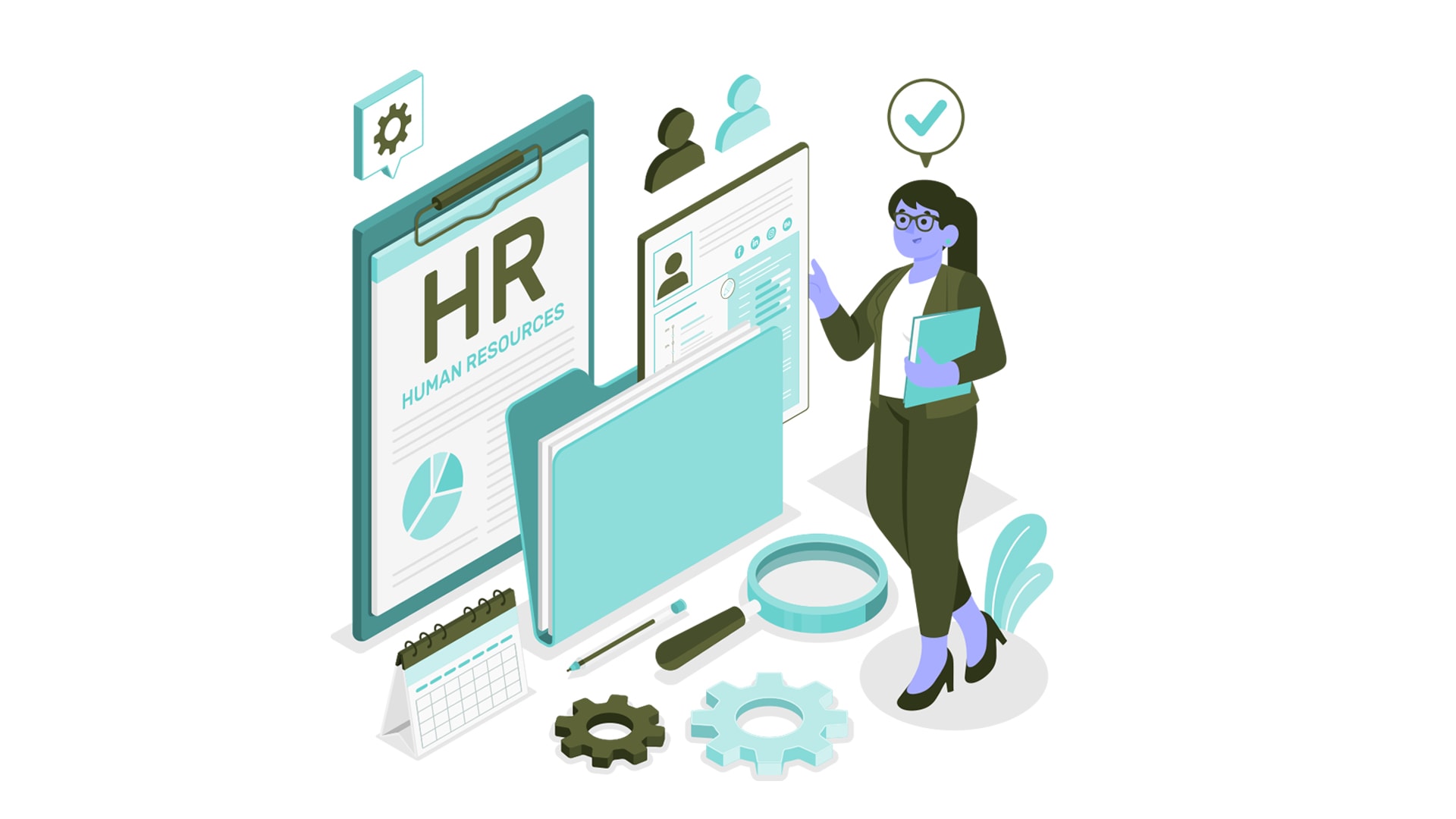
We share your obsession for building great businesses. Want to discover how we can enable you?
BlogJanuary 21, 2025

The workplace of 2025 is undergoing a seismic transformation, driven by technological advancements, generational shifts, and evolving employee expectations. HR leaders find themselves at the epicenter of this change, tasked with creating agile, inclusive, and innovative work environments. The HR function is no longer about managing the status quo but about architecting the future of work. As we stand at this critical juncture, five key trends are redefining how organizations operate and succeed in the years to come.
AI is no longer a futuristic concept—it’s a critical enabler of HR transformation in 2025. From talent acquisition and onboarding to employee engagement and retention, AI-powered tools are streamlining processes and driving data-driven decision-making. Chatbots provide real-time support to employees, while predictive analytics helps HR professionals anticipate workforce needs. However, successful integration of AI demands a balance, ensuring technology enhances the human element in HR.
With Millennials forming the largest segment of the workforce, organizations are rethinking how they engage and motivate this generation. Millennials prioritize purpose-driven work, flexibility, and opportunities for growth. HR teams are developing tailored strategies to address these needs, including mentoring programs, transparent communication, and flexible work arrangements. Understanding and aligning with Millennial values is critical to building a loyal and productive workforce.
The pandemic has permanently altered perceptions of remote work, giving rise to flexible and hybrid work models. Organizations are investing in technologies and policies to create seamless transitions between in-office and remote work environments. HR teams are tasked with ensuring equitable opportunities, engagement, and productivity for employees, irrespective of their physical location. Leaders are prioritizing flexible schedules, tailored to individual needs, while maintaining strong team cohesion and organizational alignment.
The emphasis on mental health and holistic well-being has become a top priority for HR departments. With burnout rates on the rise, companies are proactively introducing wellness programs, mental health days, and access to counseling services. Forward-thinking organizations are integrating well-being metrics into their performance dashboards, emphasizing the link between employee health and business outcomes. A workplace that prioritizes mental health fosters loyalty, resilience, and innovation.
Organizations are moving beyond surface-level diversity efforts to embed DEIB into their DNA. HR teams are implementing data-driven approaches to monitor representation, equity in pay, and inclusion metrics. Creating workplaces where individuals feel a sense of belonging is a key driver of engagement and innovation. The focus is shifting from compliance to culture-building, where every employee feels valued and empowered.
The HR function is at the forefront of reshaping how we work in 2025. These trends underscore the need for agility, empathy, and innovation in adapting to the changing dynamics of the workplace. By leveraging these insights, organizations can not only attract and retain top talent but also build resilient, inclusive, and forward-looking cultures.

We share your obsession for building great businesses. Want to discover how we can enable you?